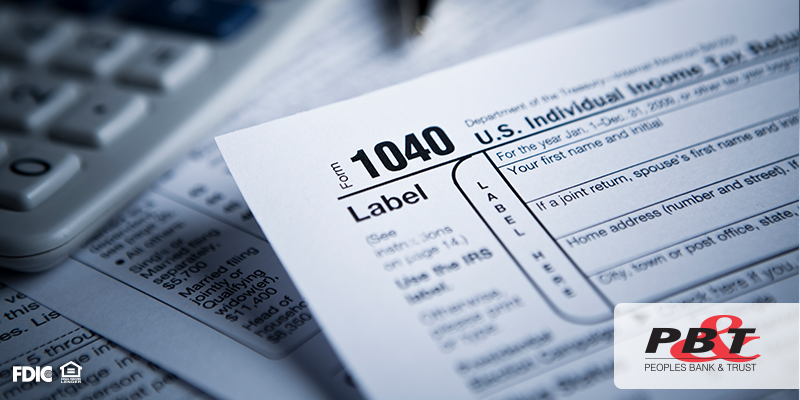PBTC
Updated 10:37 AM CST, Thu January 5, 2017
Published Under: Budgeting Home Equity Save Money
 Getting your taxes done early not only takes one more thing off your to-do list but further allows you to start planning for the future. Working with your tax professional, determine how much your family may receive this year from a tax refund. No matter the amount, we recommend putting it towards your financial goals for the year. Here are some great strategies we’ve tried to get the best bang for our buck:
Getting your taxes done early not only takes one more thing off your to-do list but further allows you to start planning for the future. Working with your tax professional, determine how much your family may receive this year from a tax refund. No matter the amount, we recommend putting it towards your financial goals for the year. Here are some great strategies we’ve tried to get the best bang for our buck:
- Max out your 401(k) or Traditional IRA contributions. If you aren’t taking advantage of one of these two accounts, we highly suggest opening one soon! These tax-beneficial accounts help holders accumulate and grow their funds without the burden of tax at the time of deposit. Each account, however, is limited by how much you can contribute. By allocating funds into these account types it may not only help you save for retirement but also allow your money mature throughout the years, with no additional effort.
- Make an extra payment on your mortgage or student loan. Paying down your loan is always a great option when selecting financial goals. In the case of a mortgage, you earn more equity as you pay, while with student loans, you gain more momentum towards financial freedom. Instead of adding money to each monthly installment, we recommend creating one lump payment. By doing this you can you create a single but large decrease in your principal amount owed, drastically reducing your associated interest as well.
- Save for the 2017 holiday season. While holiday events, family gatherings, and memories are held dear, the burden of the season can pose potential problems for your personal finances. If you struggled saving last year, now is the perfect time to set aside funds for the holidays. Determine how much you need to pay for each aspect of your seasonal activities, and save as much as possible in a separate account from your tax refund. If additional funds are needed, automate your savings to transfer a specific dollar amount to this account each month.
- Pay off outstanding credit card debt. With one of the highest interest rates, credit cards are notorious for taking years to pay off. If you want to make a dent in your debt, we recommend tackling one card at a time. Using your tax refund, see if you can eliminate smaller debts first. Then with the remaining funds, begin paying down each additional credit card. By paying off the card with the least amount of debt first, you can begin to snowball your way to financial freedom!
- Start saving for a vacation. Whether it’s a spring break, a summer adventure, or a fall festival, it’s never too early to start saving. Once you have determined a destination, then create a rough budget of the expected expense. Depending on your refund you may be able to pay for the whole trip outright, or you may need to couple the funds with some additional monthly savings. No matter how you choose to save, we recommend keeping your vacation funds in a separate deposit account so you’re not tempted to use them throughout the year.
Comments